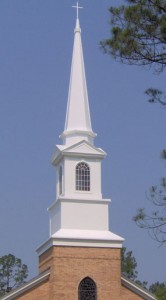Keeping the Underclass in Its Place
Now on SSRN, David Papke has another installment in his great series of articles on the American underclass. The new article, “Keeping the Underclass in Its Place: Zoning, the Poor, and Residential Segregation,” explores (among other things) the role of law in maintaining class-based residential segregation. Here is the abstract:
This article discusses the ways suburban zoning keeps the underclass out of the suburbs. The article begins by discussing the complex and sometimes contentious notion of an “underclass,” which became part of popular and political discourse in the United States in the late 1970s and early 1980s. This socio-economic group is defined not by race but rather by the group’s weak ties to the labor market. The article continues by considering the specific steps suburban zoning officials take to make it impossible for members of the underclass to find low-cost rental housing in the suburbs. The article then explores the possibility of challenging these zoning practices by invoking federal constitutional law standards, concluding that challenges of this sort hold little promise. In conclusion, the article addresses what might be accomplished not only by keeping the urban poor out of the suburbs but also by keeping them in the center-city. The article does not critique lines of legal reasoning or propose law reform but rather captures an oppressive aspect of American life and underscores the role law plays in it.
As usual, David provides a deeply engaging account of the development of the law that is rich in social and historical context. Another in his underclass series (“Family Law for the Underclass: Underscoring Law’s Ideological Function“) is also available on SSRN.


